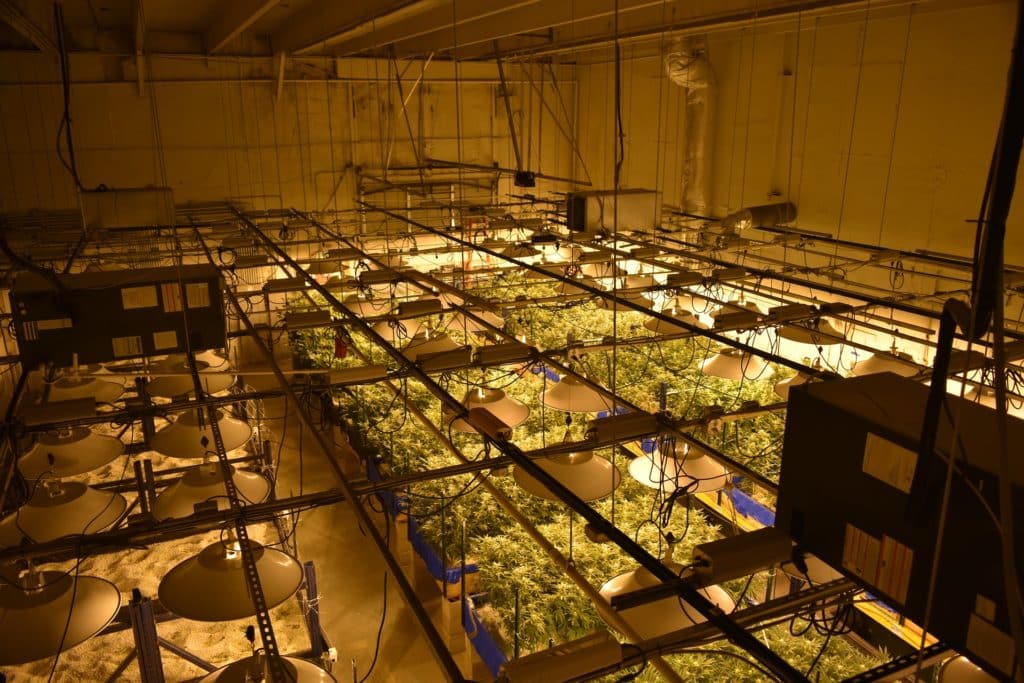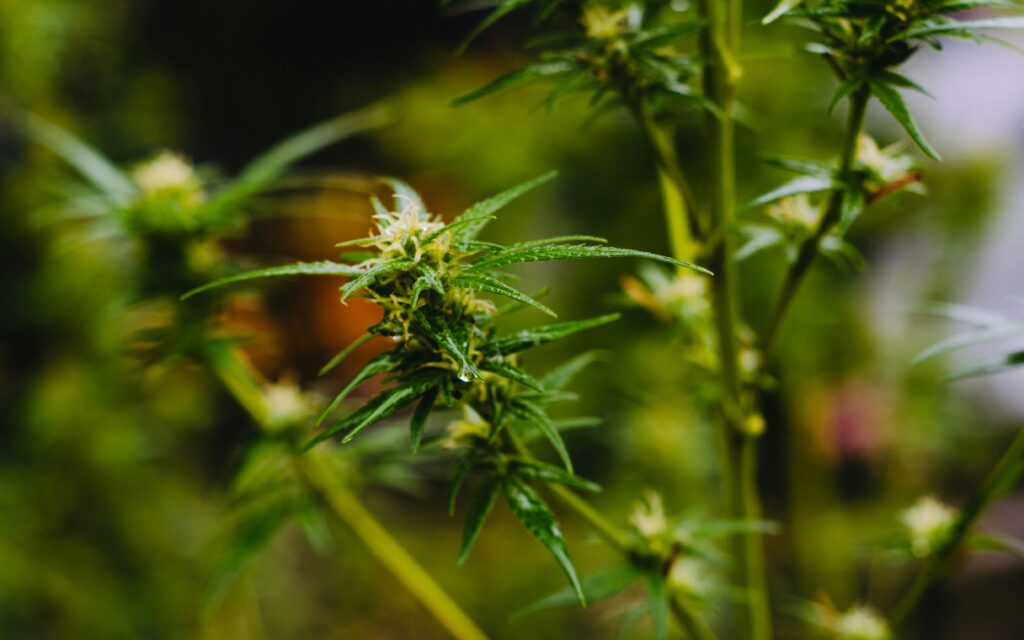
By Heather Ritchie, Staff Writer for Terpenes and Testing Magazine
In the past few weeks, we’ve followed the evolution of cannabis science and now its time to discuss one of the most critical aspects: medical research. While we’ve progressed significantly with cannabis research over the past few years, there are still many barriers that the United States needs to overcome. These barriers create such a problem that the Committee on the Health Effects of Marijuana published a review on the current state of research on cannabis in America declaring that the lack of evidence-based research represents a public health problem.
“The methodological challenges and the regulatory, financial, and access barriers markedly affect the ability to conduct comprehensive basic, clinical, and public health research on the health effects of cannabis use, with further consequences for the many potential beneficiaries of such research.” Also, without proper funding and a research agenda, patients may not know that there are effective cannabis treatment options. Physicians can’t properly treat their patients using cannabis, policy makers may not be able to develop evidence-based regulations, and insurance providers and healthcare professionals lack the information that is paramount to revising their policies.
As you can see, these are significant problems to overcome. Even though several states have legalized cannabis use for recreation and medical purposes, the federal government still lists cannabis as a Schedule I drug and enforces restrictive regulations and policies on research into the benefits or potential risks of available cannabis products. Consequently, there is a limited, but growing body of research available on the health effects of cannabinoids and cannabis. These issues pose significant restrictions on the use of cannabis for medical purposes since few other industries are as scrutinized as the medical cannabis industry.
“The Science of Cannabis” lectures at the University of California at Berkeley Botanical Gardens unveiled some of the recent science and research developments in their month-long lecture series in February of this year. Specifically, in California, cannabis legalization is much bigger than smaller farming communities. There were a variety of conference attendees, including students, Central Valley almond farmers, healthcare advocates, industry members, and recreational users.
Research Begins to Illustrate Surprising Results
As more people look for more natural methods for relief from their ailments, the science of cannabis has experienced a rebirth. This forbidden plant conceals surprises and possibly, even miracles. Other countries founded medical cannabis programs too like the Netherlands, Israel, and Canada. Unfortunately, like a lost technology buried under centuries of repressive thinking, we are relearning what ancient people may have known all along about the plants healing properties.
While extensive, long-term cannabis use studies are currently lacking, there is no denying the positive effects that it has on certain symptoms and illnesses. It stimulates appetite, helps anxiety, dulls pain, and aids sleep. Additionally, its an antiemetic, bronchodilator, anti-inflammatory, and analgesic. Scientists contend that it helps regulate certain vital body functions like boosting the immune system, aiding in “memory extinction” following catastrophic events.
As state after state legalizes cannabis use, important questions are surfacing. What really goes on inside this plant? How does it affect our brains and bodies? What might the chemical compounds contained in cannabis help us learn about the functioning of our nervous system? Could these chemicals mean new beneficial medicines are on the horizon?
Testing on Animals Benefits Human Trials
New research opens the doors to the various healing and therapeutic benefits of cannabis. Manual Guzman, a biochemist at the Complutense University of Madrid, has studied cannabis for approximately 20 years. He doesn’t claim that cannabis completely eradicates cancer. However, his studies illustrate some pretty amazing results.
Guzman demonstrates the efficacy of cannabis by showing two MRI’s from a rat that had a sizeable tumor in its brain. One is before treatment, and one is after using THC for only one week. The mass was gone after the treatment.
For the past 15 years, Guzman, along with his colleagues, has treated animals riddled with cancer and in a third of them, the tumors were reduced. Another third of the rats showed that the THC treatment completely eradicated the tumors. Whether this can be replicated in humans is to date unknown.
In addition to cancer, Guzman’s group researches how cannabinoids affect early brain development and neurogenerative diseases to uncover if extensive cannabis use is harmful to the brain or body. His research using rats does show some adverse effects from prolonged use of the plant.
He also studies “memory extinction,” as mentioned above by utilizing some of the negative side effects of the herb to see if it represses horrible, unnecessary memories and events. He contrasts the human brain to a computer’s memory that needs to delete dated files and forget what isn’t necessary periodically. The cannabinoid system crucially helps drive terrible memories away so that you don’t experience memories deleterious for mental well-being.
The Beginning of Human Research and Trials
Neuro-oncologists at St. James’s University Hospital in Leeds, England, is currently working on a revolutionary clinical trial based on Manual Guzman’s research. They are treating cancer patients with aggressive recurring glioblastoma multiform tumors (a type of brain tumor) with a THC-CBD oral spray created by GW Pharmaceuticals.
Guzman welcomes the establishment of studies on humans but cautions against over-optimism. “At least the mindset is opening around the world, and funding agencies know that cannabis, as a drug, is scientifically serious, therapeutically promising, and clinically relevant.”
This new mindset is integral to cannabis research and medical studies. As more people and organizations see the overwhelmingly positive results of current study results, more robust research will commence, and from there the sky is the limit.
To read more, visit terpenesandtesting.com.





